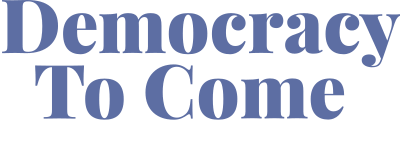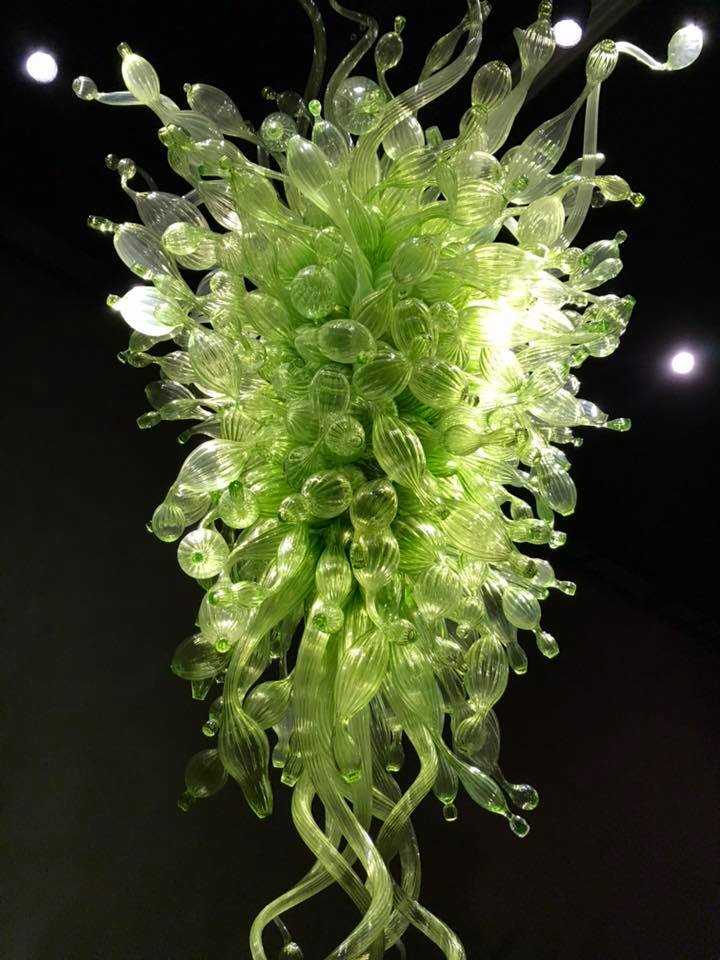A lot of the places I go to make me think about work or organization differently. It is something of a curse and a bit annoying to be experiencing something fantastic and have your mind be “but what about the working practises involved”. By far the coolest place I have been on my travels is the Chihuly Art Museum. The artist Dale Chihuly was a complete unknown to me – but that is more a reflection on my ignorance than anything. He started blowing glass in the mid 60s and today this collection at the foot of the Space Needle was truly jaw dropping. Just look:




The intricacy and beauty of his creations is undeniable and I had not seen anything like it before. However, beyond the beauty of the work is what I alluded to earlier: the actual work involved in producing the final “piece” – the collective nature of the art. On reading about it further (i.e. googling him and checking recent news stories!) I saw that one of the issues around Chihuly is that many of his pieces are produced by assistants who blow the glass for him. Indeed there were people there doing just that. He is not bashful about this fact and admits with old age approaching and mental health issues it was reassuring that:“[t]he more I worked, the more I sold work, the more people I could hire”. The other artists, of course, do not get any formal recognition but do get the reward of being near the great man and no doubt can put this on their CV for future placements. Some of the artists involved have been less thankful with such small pickings and are suing Chihuly.

So whilst I adored the art work, the colours and shapes of the glass at the museum, the relationship at work here reminded me of many of the hideously exploitative relationships we have in academia. It reminded me how fortunate (or tactical?) I have been to avoid these situations so far and have had the most incredibly supportive supervisors and mentors. I will write about friendship at work elsewhere on the blog but I do often tell early career or aspiring PhD students that choosing a supervisor or a mentor will probably be one of the most important decisions that they make. Rightly or wrongly the biggest characteristic I suggest they should look for in a mentor is kindness and generosity – yes, a supervisor needs to know their stuff but it is important to resist the allure of the “star” academic who will simply do a Chihuly.






